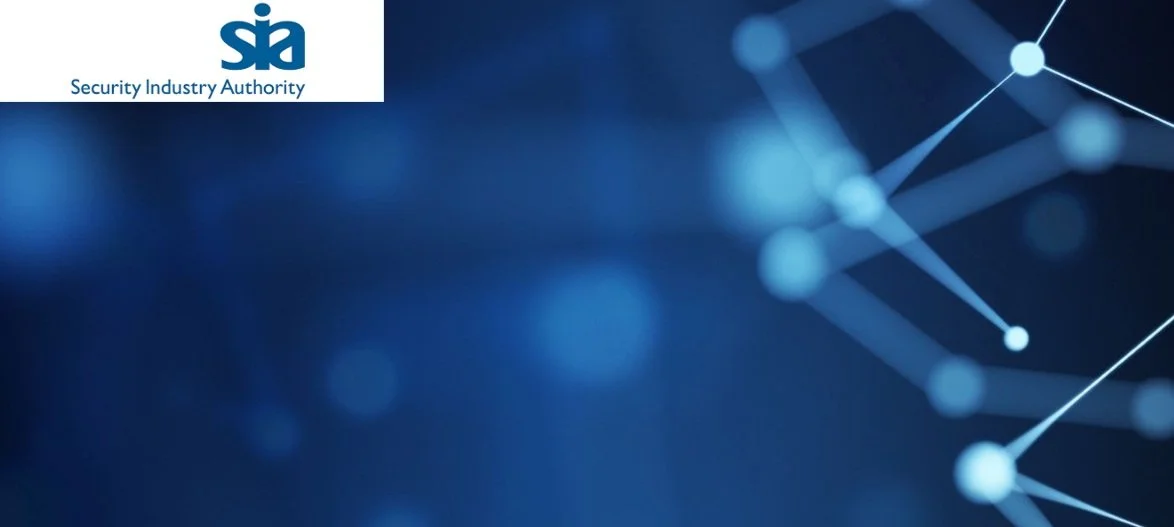If you are looking for security or a close protection operative, you may not have heard of the Security Industry Authority (SIA). In this article, we look at what the SIA is, what you need to know about the SIA and how it potentially impacts the security you choose.
What is the security industry authority (SIA)?
The Security Industry Authority (SIA) is the regulator for the private security industry in the UK. It was established by the Private Security Industry Act 2001 and works to regulate the industry and promote professionalism and high standards. The SIA is responsible for granting licences to private security operatives, setting and monitoring standards, and enforcing the law.
What licenses do they issue?
The SIA issues four types of licence: • Door supervisor licence • Security guard licence • Close protection licence • CCTV operator licence Each licence requires the applicant to have completed relevant training and to have met certain minimum standards. The SIA also provides additional training and support for those who wish to work in the security industry.
How is the SIA funded?
The SIA is funded primarily through licence fees, which are paid by those applying for a licence. It also receives funding from the Home Office in the form of grants.
Has the SIA been successful in its role and how has this been measured?
The SIA is generally viewed as having been successful in regulating the private security industry and has seen a significant increase in the number of people with SIA licences since its formation in 2001. It has also helped to raise standards in the industry and to promote professionalism amongst security operatives.
The SIA has conducted several reviews and surveys to measure the success of its activities. These include customer satisfaction surveys and reviews of the licensing process. The SIA has also received positive feedback from employers in the private security industry, who have reported that they have seen an improvement in the standard of security operatives since the SIA was introduced. When is a close protection SIA license required A close protection SIA licence is required in the UK if an individual is providing any form of security services, such as bodyguarding, security driving, or security guarding? This licence is also required for anyone involved in the management, supervision, or training of security personnel. Individuals who are employed to provide security services, either directly or through a third party, must also possess a valid SIA licence.
Is an SIA close protection licence required for individuals employed directly by the end user?
Yes, an SIA close protection licence is required for individuals employed directly by the end user. Individuals providing security services must possess a valid SIA licence, even if they are employed directly by the end user. The SIA has put in place several rules and regulations to ensure that all security personnel are properly trained and qualified to carry out their duties.
What if the work is classed as in-house?
In-house security services are still subject to the same SIA licensing requirements. Individuals providing in-house security services must possess a valid SIA licence, and must adhere to the same rules and regulations as those providing external services. In-house security personnel must also meet the same training and qualification requirements.
Is an SIA licence required if the security will be working ‘in-house’ i.e. when you are employed directly by the company that uses your services?
Individuals who are employed directly by the company that uses their services are not usually required to hold an SIA licence. This applies to in-house security personnel, such as security guards, door supervisors, and CCTV operators. However, they must still adhere to the same rules and regulations as those providing external services and there could therefore be a benefit to them undertaking the licensing process to ensure competence and currency.
What situations would not require a license?
You do not need an SIA licence if you are providing private security services voluntarily. Additionally, you do not need an SIA licence if you are providing security services in one of the exempt categories, such as the armed forces, the police, or certain law enforcement agencies.
What does a ‘contract for services’ mean about private security and is this licensable?
A contract for services means that a company or individual has been contracted to provide security services to a third party. This type of arrangement is licensable, and the company or individual providing the services must possess a valid SIA licence. The SIA has set minimum standards for those providing security services, and all contractors must adhere to these standards.
What is business licensing?
Business licensing is something the SIA has contemplated introducing. Currently, the SIA runs an approved contractor scheme which provides its members with increased benefits and a level of certification to reassure customers. This requires an audit of the business’s processes and compliance with ‘best’ working practices, although this can be demonstrated through other certifications such as ISO9001.
What does the future of the SIA look like?
The future of the SIA looks bright. The Private Security Industry Act 2001 has been a success, and the SIA has been able to regulate the private security industry effectively. The SIA has also seen a significant increase in the number of people with SIA licences since its formation in 2001. In addition, the SIA has put in place several initiatives to raise standards in the industry and to promote professionalism amongst security operatives.
You can find out more about licensing requirements from the SIA website here


